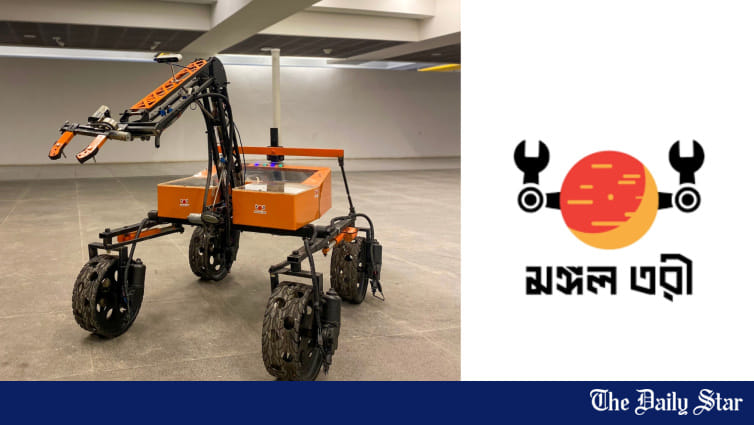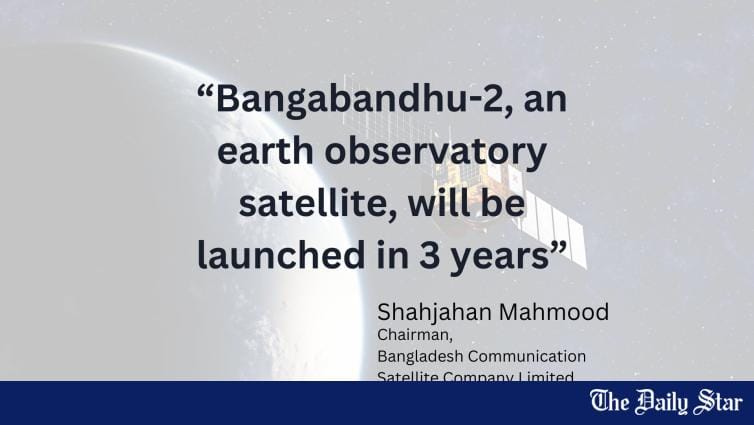Old School
Senior Moderator
- Messages
- 1,774
- Likes
- 1,031
- Nation

- Residence

- Axis Group

Ancient Roman satirist Juvelan said, " Give them bread and circuses, and they will never revolt!" Occupy your brain with nonsense - this loves politicians!Why do people from such poor countries want a space program? Obviously do deflect the sad state of their situation. No intelligent person from Pakistan wants a space program at this point.
Only delusional Pakistanis and Muhajir neo-liberals crave for one. I had been against one and advocated the money being spent on population reduction.
"Bread and Circuses" is a metaphor that refers to a simplistic way of pacifying people. In the context of politics, the phrase describes the act of gaining public support not through exceptional public service or policy-making but by merely satisfying the fleeting and superficial needs of the people. Additionally, the phrase suggests that the sense of duty towards the community among the general population is being eroded or overlooked.
I explained this mass psychology here







